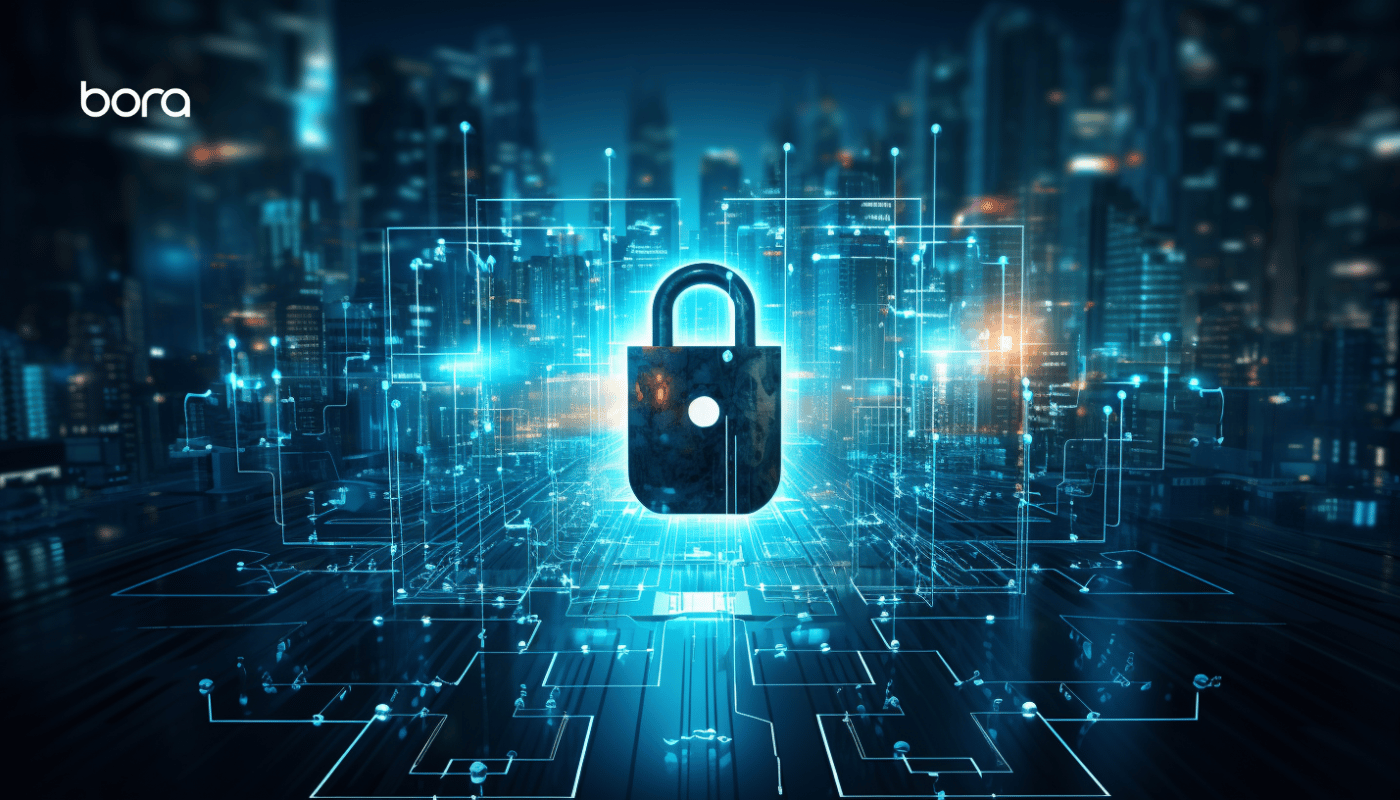The cybersecurity field is not just a technical battleground; it’s a landscape rich with diverse voices and untapped potential. According to the ISC2 Workforce Study 2023, organizations that adopt skills-based hiring see a notable increase in women’s representation—25.5% versus 22.2%. Yet, the Black Women in Cyber Collective (BWICC) is striving for more. They believe in a future where black women hold 25% of cybersecurity roles. This is a goal that Talya Parker and Juliet Okafor passionately advocate for. Their collective voice is not just a whisper but a roar for change.
I was privileged to discuss with Talya Parker and Juliet Okafor what it takes to empower black women in cybersecurity and what the benefits of having a diverse workforce are. The BWICC movement aims to reshape the cybersecurity industry into a domain where black women not only belong but lead.
Building a Community of Strength
Talya Parker’s vision materialized from a stark reality: the underrepresentation of black women in cybersecurity was more than a gap; it was a chasm. “There’s not many women of color, black women specifically in this space… I really wanted to do something that would be impactful,” she says.
The birth of the Black Women in Cyber Collective was based on a vision. To serve as a blueprint and community for those navigating the cybersecurity realm. “It’s wanting us to create a community that we can lean on each other,” Talya voices passionately.
The narrative of diversity in cybersecurity is not just about filling seats; it’s about enriching the field with different perspectives. Juliet Okafor’s story of building a Security Operations Center (SOC) not from a traditional tech background but armed with a law degree and diverse life experiences highlights the unique strengths that black women bring. “My background… made it so that I was very interested in technology, but also considered the environment in which it would exist,” Okafor explains.
Juliet’s experience in crafting security solutions with a global perspective speaks to the invaluable insights that diversity brings to the industry. She believes in the power of diversity to solve complex problems, asserting, “You solve the biggest, most complicated problems by having different people at the table.”
The Dual Nature of AI
Parker and Okafor highlight the critical intersection of AI and cybersecurity, cautioning against the exclusion of minority voices in AI’s evolution. “Minorities are placed at a greater risk,” Parker notes, while Okafor reminds us that “The future of cybersecurity is quintessentially human,” celebrating the resilience that black women inherently contribute to cybersecurity.
The inclusion of AI in cybersecurity poses new challenges, especially for marginalized communities. “If there is not a diverse voice… from an ethical perspective as well, then yes, I do believe minorities are placed at a greater risk,” Parker notes. Okafor adds, “AI… could never touch what a black woman brings to the table just in being one in the world that we live in.”
The BWICC underscores the importance of diverse perspectives in cybersecurity to combat bias and build more inclusive technologies. Okafor’s poignant observation about AI search algorithms failing to present black women as cybersecurity executives exemplifies this ongoing struggle.
A Strategy for Inclusion
For those black women aspiring to enter cybersecurity, the advice is clear and resonant: Envision yourself in the role you desire, leverage the community’s strength, and network persistently. Okafor advises, “Imagine a roadmap or plan that a white male made and… assume you are entitled to be here… don’t be afraid to keep asking someone who’s connected to the industry what you should do.”
Talya and Juliet’s insights offer a roadmap for organizations to increase the representation of black women in cybersecurity. The BWICC champions a strategic approach to inclusion, transforming recruitment practices and job descriptions to welcome a diversity of candidates. They call for a shift in education pathways and the dismantling of the cultural fit hiring model that often excludes black women.
Both leaders recognize the profound influence of media representation on young black women’s aspirations. They advocate for more black creators to tell authentic stories that resonate with and inspire the next generation to envision themselves in cybersecurity roles.
Okafor’s Revolution Cyber and Parker’s Black Girls in Cyber are exemplary initiatives that provide practical pathways for underrepresented groups to enter and excel in the cybersecurity field.
An Ongoing Awakening
In the eagerly awaited and widely endorsed book, “Securing Our Future: Embracing the Brilliance and Resilience of Black Women in Cybersecurity,” the Black Women in Cyber Collective weaves captivating stories of tenacity, brilliance, and evolution. These narratives of leadership are interspersed with invaluable insights on initiating, cultivating, and elevating a career in cybersecurity.
The book is not just a publication; it’s a movement. It’s a collective wisdom that shatters stereotypes and showcases the kaleidoscopic experiences of black women in cybersecurity. “We are sharing our cybersecurity journeys… I think they’re going to read it in such a digestible way that really paints a picture for what it’s really like,” Parker enthuses.
Parker describes the collective effort as an “awakening in process.” Their advice to aspirants in the field is actionable and forward-thinking—envision your role in cybersecurity and build your network. The BWICC aims to see black women occupy 25% of cybersecurity positions, a goal that transcends aspiration and demands industry-wide action.
Diverse Perspectives as the Cybersecurity Cornerstone
In a field where threats are boundless, diverse perspectives are not a luxury but a necessity. Okafor encapsulates the essence of the movement: “We need to start to communicate differently about what it means to be here… Once we can make the security industry more humane, then black women will be naturally attracted to it.”
My discussion with Talya and Juliet concluded with a powerful message from these leading voices: The cybersecurity industry must evolve to be more inclusive, not just in hiring but in retaining talent, by addressing the holistic needs of black women and creating environments where they can thrive without sacrificing their well-being. This is not just about filling a diversity quota; it’s about enriching the cybersecurity field with a wealth of experiences, perspectives, and talents that can only come from a truly inclusive workforce.
You can find the book “Securing Our Future: Embracing the Brilliance and Resilience of Black Women in Cybersecurity” at Amazon and Barnes & Noble. Pre-order the book today to hear the powerful stories of resilience, brilliance, transformation, and leadership, laced with tips and tricks to starting, building, and advancing a career in cyber.
If you enjoyed this blog about black women in cyber there will be a second part coming early 2024. In the meantime, for more interesting interviews and cybersecurity insights, please check out our back catalog here.





